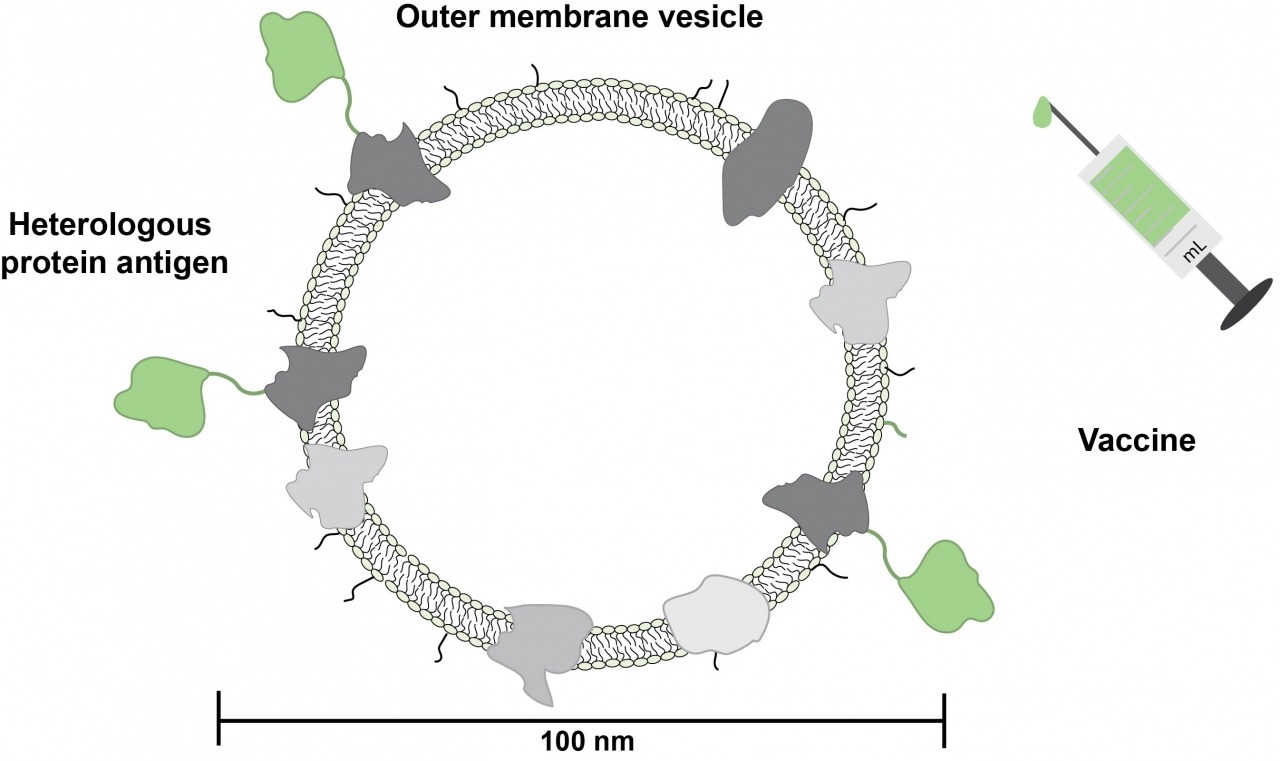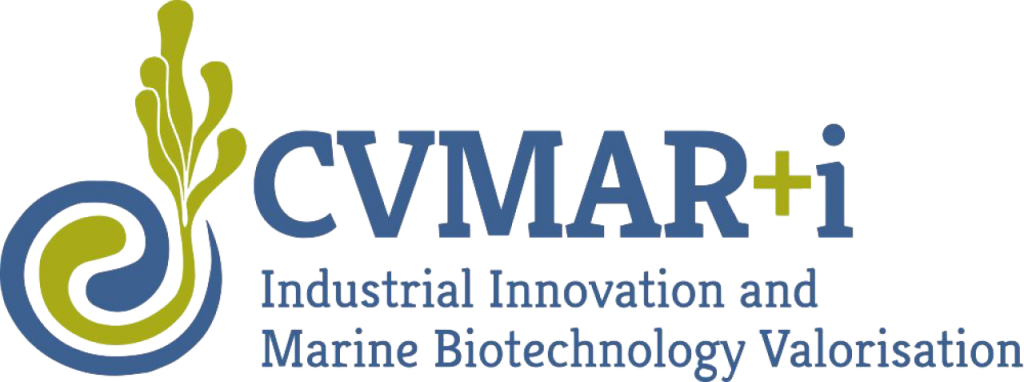

Investigador
Cláudia R. Serra é doutorada em Biologia (ITQB-NOVA) e é atualmente Investigadora Auxiliar no CIIMAR e Professora Auxiliar Convidada na Faculdade de Ciências da Universidade do Porto, FCUP. É uma microbiologista molecular que se dedica atualmente à caraterização das comunidades microbianas gastrointestinais de espécies de peixes economicamente importantes. Os seus interesses de investigação incluem a aplicação de ferramentas de genética microbiana e biologia molecular na análise funcional de genomas bacterianos, a identificação e caraterização de genes de isolados gastrointestinais com potencial biotecnológico, e o desenvolvimento de estratégias de base microbiana para combater problemas de aquacultura, incluindo novos probióticos e vacinas. A Claudia tem mais de 20 anos de experiência prática de laboratório em ambientes académicos com fortes ligações às indústrias farmacêutica e de alimentos para animais, contando com 3 patentes, 1 acordo de licenciamento e vários prémios em atividades de transferência de tecnologia.












